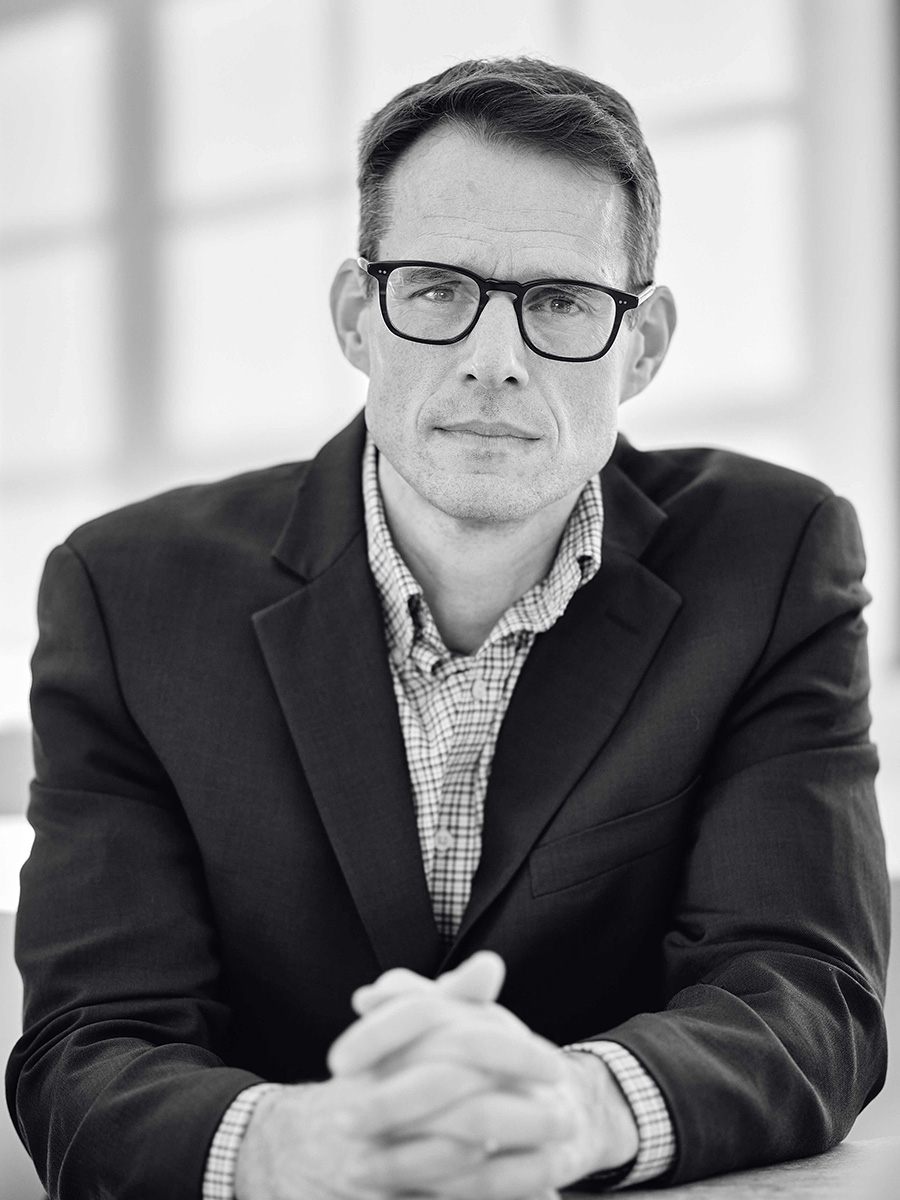University of Oklahoma professor, Samuel L. Perry, named top sociologist in the world by ScholarGPS. Perry's work on religion and contemporary political divisions have helped thrust him to the forefront of the national conversation.
ScholarGPS, an analytics site which tracks and ranks scholars and institutions worldwide, has recognized University of Oklahoma sociology professor Samuel L. Perry with its top-ranking. This honor not only places Perry atop the best sociologists in the country, but in the world.
The site weighs standard metrics of research productivity and impact among other factors to find the top scholars in their fields who are pushing their discipline to new heights. ScholarGPS “includes all relevant details of over 150 million archival publications including books, book chapters, journals, conference papers and patents with over two billion citations and references.” For this recognition, the ranking’s data was compiled over the last five years.
During his short career, Perry has authored 119 peer-reviewed journal articles and five books. According to Google Scholar, he has been cited 5,849 times, with over 5,000 of those citations coming within the five-year window.
Before earning his Ph.D. from the University of Chicago, Perry was on a very different path in life. He was training to become a minister until he realized his passions would take him in a different direction.

“Halfway through seminary, I realized I had a different set of gifts for research and writing,” Perry said. “That’s what was I was passionate about. Sociology answered a lot of the questions I had.”
In 2015, OU hired Perry as a Sociology of Religion professor. The specifics of his expertise concerned families and their relationship with religion and politics. Perry’s dissertation focused on grassroots efforts among evangelical Christians to promote adoption and foster care. This came from a personal place as faith and family are very much ingrained in his life.
“I grew up in an interracial adoptive family and an evangelical home,” Perry said. “I was interested in religion and race and how those two intersect. Politics, family, inclusion and exclusion. All of them were and are relevant.”
Born to a blue-collar household in Richardson, Texas, Perry would move to two more states before graduating high school. He returned to Dallas, Texas by way of Augusta, Georgia to enter seminary work. When he was young, Perry’s parents had adopted two African American girls – his sisters. It was through this exposure that Perry was introduced to a perspective on race that many children do not learn during their developmental years. This experience grew a genuine fascination with how social contexts shape our expectations of what is “normal.”
“Fundamentally, we need to understand how people and groups work,” Perry said.
During his time at OU, his research agenda has evolved and become more centered on religion and our contemporary political divisions. As a social scientist whose published works include Taking America Back for God and The Flag & The Cross, Perry has concerned his work with the relationship between conservative Americans, politics and what is characterized as Christian nationalism. It is important to note that Christian Nationalism does not encompass all those who adhere to the Christian faith, but rather a particular subset of American Christians and their political views.
“Human beings tend to view the world as ‘us’ and ‘them,’” Perry said. “Within our democracy, we are supposed to live by the idea that we have a common civic creed and share commitments to liberty and equality. Our studies show Christian Nationalism tends to encourage xenophobia, racism, white supremacy, authoritarian violence or at least simply privileging Christians over those of other faiths or no faith.”
Studying and surveying evangelical belief as well as Christian nationalism has helped thrust Perry into the foreground of national conversation. He regularly flies around the country speaking on the topic to groups ranging from the religious-based to the secular. Perry is also a regular Contributor for Time Magazine, and has written for The Washington Post, NBC News, and the Dallas Morning News.
As Perry’s life has evolved, the initial curiosities and fascinations from his youth have helped propel him to a global leader in his field as well as now being recognized as the most prolific and impactful sociologist in the world. Perry hopes his work along with his collaborators shows that OU as an institution is setting a standard for impactful scholarship.
“It is a point of pride,” Perry said. “To know my work has been found useful and productive has been nice. This (recognition) encourages me to keep going, to ask more questions, compile more data. I hope it also reflects well on the University of Oklahoma. We want people to know there’s important work happening here.”